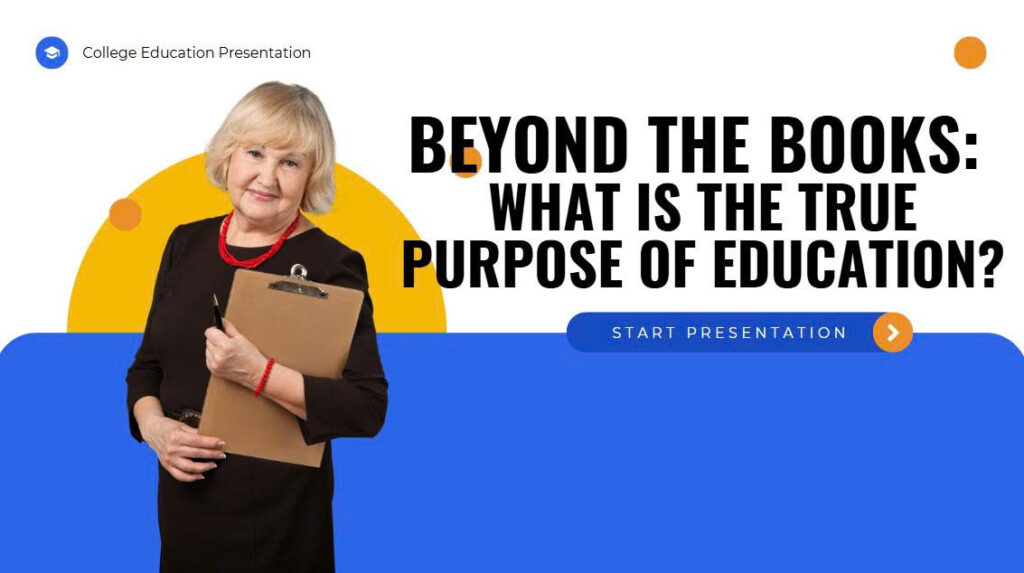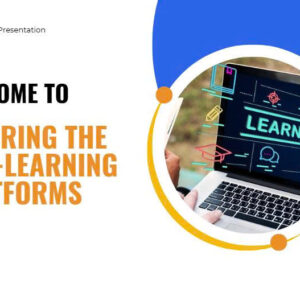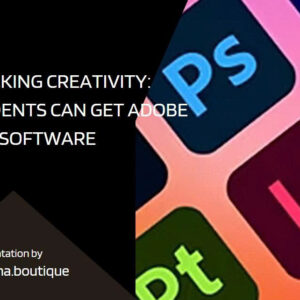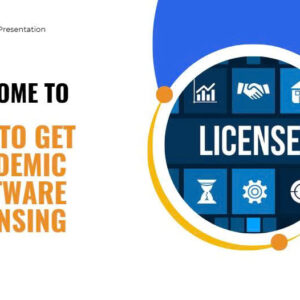When you think about “education,” what’s the first thing that comes to mind? Textbooks? Exams? Diplomas? While these are certainly part of the journey, the real purpose of education goes much deeper than just grades or qualifications. It’s about so much more than what happens in a classroom.
So, what is the true purpose of education? Let’s dive in.

1. Nurturing Knowledge and Critical Thinking 🧠
At its core, education is about acquiring knowledge. It’s about understanding the world around us, from the tiniest atom to the vastness of the cosmos, from historical events to complex mathematical theories. But it’s not just about memorizing facts. A crucial purpose of education is to teach us how to think, not just what to think.
- Developing Critical Thinking: Education should equip us with the ability to analyze information, question assumptions, evaluate arguments, and form our own informed opinions. In today’s information-saturated world, this skill is more vital than ever.
- Problem-Solving: It teaches us to approach challenges logically, break them down, and find innovative solutions – whether it’s a math problem, a scientific experiment, or a real-world dilemma.
2. Preparing for the Future: Careers and Contribution 💼
Yes, a significant purpose of education is to prepare individuals for their future careers. Schools and universities aim to provide the skills and expertise needed to thrive in various professions.
- Skill Development: From reading and writing to digital literacy, communication, and specialized technical skills, education provides the tools to succeed in the workforce.
- Economic Stability: A good education often leads to better job opportunities, higher earning potential, and greater economic security, contributing to both individual well-being and national development.
- Societal Contribution: Beyond individual success, education prepares us to contribute meaningfully to society, whether through our chosen profession, volunteer work, or civic engagement.
3. Fostering Personal Growth and Well-being ❤️
This is where the purpose of education truly broadens. It’s not just about what you learn, but who you become.
- Self-Discovery: Education exposes us to new ideas, cultures, and perspectives, helping us understand our own strengths, passions, and values. It encourages self-reflection and personal development.
- Creativity and Innovation: It provides platforms to explore creativity, encouraging us to imagine, invent, and express ourselves in unique ways.
- Resilience and Adaptability: The challenges of learning, problem-solving, and adapting to new information build resilience and equip us to navigate life’s inevitable changes.
- Emotional Intelligence: While often not a formal subject, interacting with peers and mentors, navigating group projects, and understanding diverse viewpoints helps develop empathy and social skills.
4. Cultivating Responsible Citizens and Building Society 🌍
Education plays a fundamental role in shaping citizens who are aware of their rights and responsibilities.
- Civic Engagement: It teaches us about democracy, governance, history, and social justice, encouraging active participation in our communities and advocating for positive change.
- Cultural Understanding: Learning about different cultures, traditions, and belief systems fosters tolerance, respect, and a broader worldview, essential for a harmonious global society.
- Values and Ethics: Education can instill core values like honesty, integrity, responsibility, and compassion, guiding individuals to make ethical choices.
- Preserving and Advancing Knowledge: It’s how societies pass down accumulated wisdom from generation to generation and how new discoveries are made, pushing humanity forward.
In a Nutshell: A Lifelong Journey ✨
Ultimately, the purpose of education isn’t a single destination, but a lifelong journey. It’s about equipping individuals with the tools to adapt, innovate, contribute, and flourish in an ever-changing world. It’s about opening minds, igniting curiosity, and empowering every person to reach their full potential, not just for themselves, but for the betterment of the entire human collective.
So, the next time you think about education, remember it’s far more than just sitting in a classroom. It’s a powerful force for personal transformation and societal progress!
What do you think is the most important purpose of education? Share your thoughts in the comments below!




